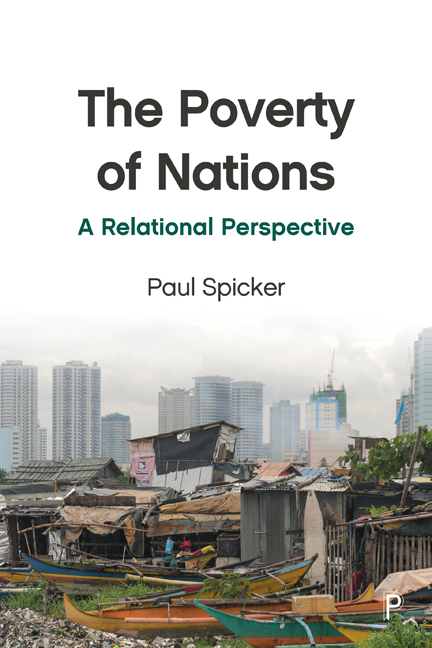Summary
The language of rights and legal redress is still relatively marginal in social scientific work on poverty, but it has become a major part of the discourse about the subject in development studies and in international organisations. Amartya Sen's seminal work on poverty emphasised the importance of people's entitlements. Where there have been famines, he argues, the problem has not been that there is not enough food; rather it has been that people are not entitled to eat the food that is there. Famines are likely to be about distribution, rather than shortage as such. ‘Entitlement’ usually means much the same thing as ‘rights’, but when people talk about rights, there is a tendency to think of them as something based in the legal system, often deriving from the authority of government. Sen's concept of entitlement is much more broadly based than that. People become entitled because they are able to command goods. As development proceeds, they are likely to do that through the medium of money, and they get money through engagement in the formal economy.
The word ‘likely’ is of some importance here, because the general statement about money is only part of the picture. In the context of a developed formal economy, many things (and certainly most of those goods and services which have a monetary value) are parcelled out this way. Someone, somewhere will have to pay out some money to get resources, goods or a service. But it is not necessarily the case that the person who buys resources will be the person who has command over them: it may be a spouse, a parent, a head of household, an organisation, even a community. That makes it difficult at times to determine who has access to what. Feminists have made the case that women in some non-poor households may effectively be poor because they are denied use of key resources, including food. The key question is whether people have entitlements – in some societies they do, in others they have none – and so whether they can be said to have command over resources.
- Type
- Chapter
- Information
- The Poverty of NationsA Relational Perspective, pp. 89 - 102Publisher: Bristol University PressPrint publication year: 2020



